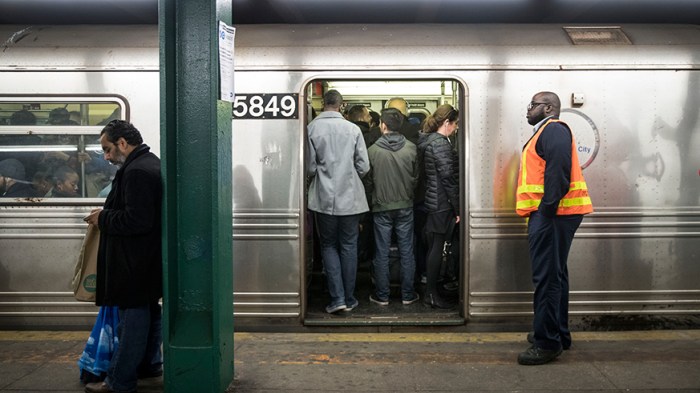As families across the country sit down to their Thanksgiving tables, hundreds of people will gather at Cole’s Hill— above Plymouth Rock, the iconic landing spot of the Pilgrims — to honor and remember the struggles of Native Americans. It’s called the National Day of Mourning. This will be the 47th iteration of the tradition, held annually on Thanksgiving Day, which serves as a reminder of the bloody fate many Native Americans faced at the hands of those same pilgrims. This year, there’s an extra focus on the struggles indigenous people are still facing today as hundreds are injured while they peacefully resist the Dakota Access Pipeline in Standing Rock, North Dakota. “What we’re saying for National Day of Mourning this year is ‘From Plymouth Rock to Standing Rock,’” said Mahtowin Munro, co-leader of the United American Indians of New England. “We want to show that we’re standing in solidarity 100 percent with all of the water protectors there, and that we too are water protectors, we too have this concern.” The National Day of Mourning begins at noon with prayers and a water blessing over the harbor in Plymouth. Native speakers then talk to their true history — left out of most U.S. textbooks, Munro said — and their current battles. From there, participants march by Plymouth Rock and the site of the Metacomet historical marker, where the head of Native American chief Metacomet was displayed after his murder in 1676. The day ends with a potluck social, with hundreds of people sharing food. That last part seems like what many think Thanksgiving should be about — coming together and sharing food. Munro said that the United American Indians of New England don’t have an issue with that practice, but with the “myth” of American Thanksgiving itself. “It’s important to help others and it’s also important for all of us to be in a community and share food with family and friends, and we do that too,” she said. “In fact, it’s important to give thanks and feel gratitude. As Native people, we give thanks every day — that’s a huge part of our spirituality and understanding of the world.” But across the country and especially in this region, Munro said, where Thanksgiving has its roots, the lies of the first Thanksgiving continue to hurt Native people.
“This whole presentation of this myth that the Pilgrims came over and Native people welcomed them and they all sat down and had a meal together and everyone lived happily ever after — that’s truly the underlying issue for us,” Munro said. “We are saying, ‘No we didn’t live happily ever after’ and we didn’t just fade quietly off into the mist. We’re still here. We have gone through unspeakable things and yet we’re still resilient.” Though Thanksgiving wasn’t declared a national holiday until 1863 by Abraham Lincoln, Gov. John Winthrop declared the first Thanksgiving in Massachusetts in 1637.
“It was declared to celebrate the return of the men of the colony, who had just come back from massacring hundreds of Pequot people at Mystic, Connecticut,” Munro said.
National Day of Mourning first started in 1970 when Wamsutta Frank James, one of the founders of the United American Indians of New England, was asked to give a speech at an event celebrating the 350th anniversary of the Pilgrims’ landing at Plymouth Rock. James was a Wampanoag man, the same tribe from the story of the “first Thanksgiving” in 1621. State officials asked to see a copy of his speech, which did not celebrate the arrival of the Pilgrims, before the event. It was deemed too “inflammatory,” Munro said. “They tried to make him give another speech instead that was in praise of the Pilgrims and saying ‘We welcomed you and it’s been wonderful.’ He refused to do that,” she said.
Instead, James and others gathered at Cole’s Hill and talked about what the arrival of the Pilgrims had really meant for Native Americans.
“They said, and we still say today, that we as indigenous peoples have no reason to give thanks for the arrival of the Pilgrims and the invasion of our land,” Munro said. “We have no reason to give thanks for the genocide of our peoples. We have no reason to give thanks for the ongoing violence and repression that we continue to experience.” If you can’t make it to Plymouth for the National Day of Mourning, or you still simply want to spend Thanksgiving with your family, you can still help by using the holiday table as a scene for conversation. “It’s a matter of stopping while you’re having dinner with your family and saying, ‘You know, while we’re here let’s talk about how we are here, whose land we’re really on and what that means,” Munro said. “Let’s think about how we can support Native people and organizations right where we live and be more conscious. Let’s talk about how we can teach our children in a better way.”















